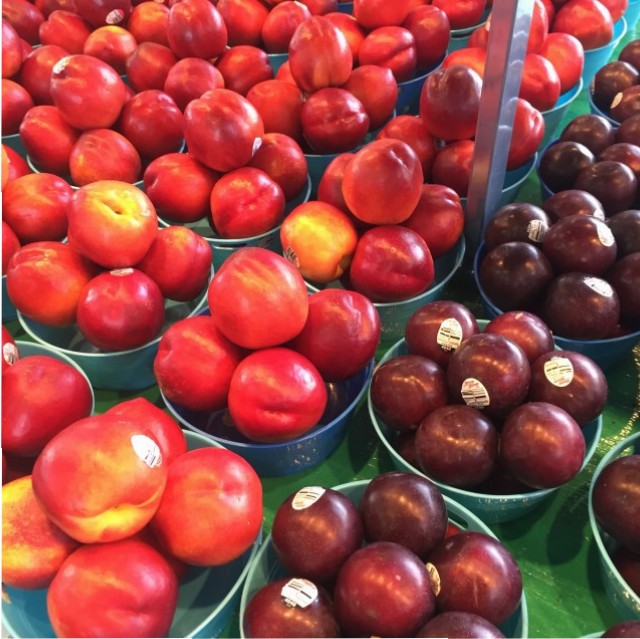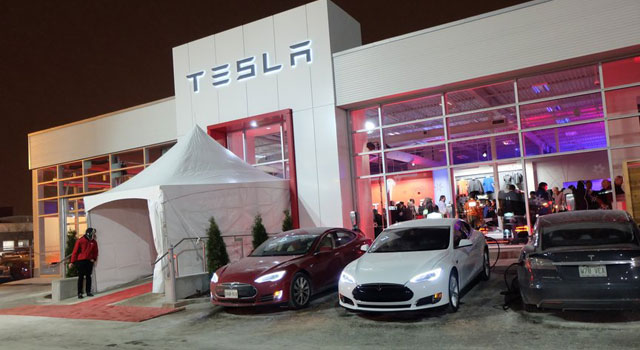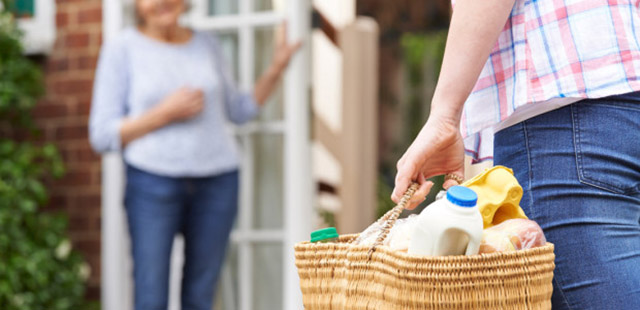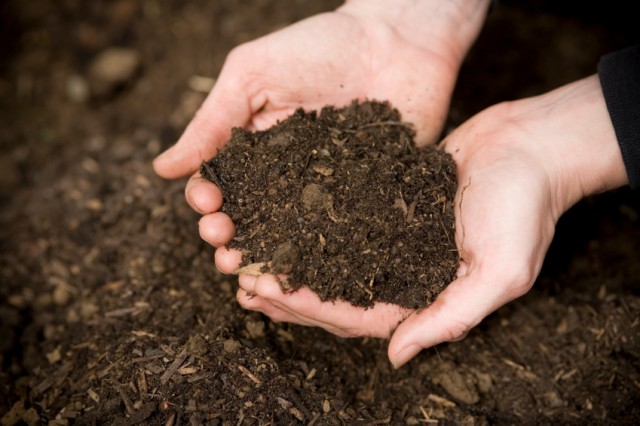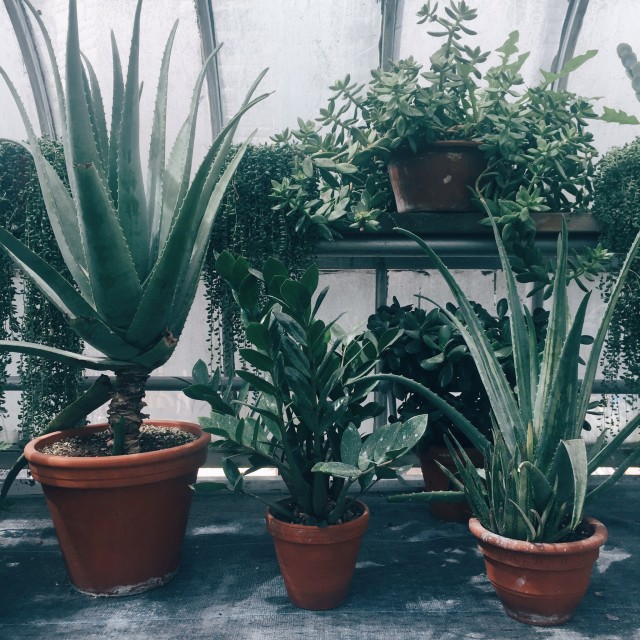As the Paris Environment Summit of 2015 looms ever closer and even the most unlikely of governments (Obama’s Coal-Free Mandate) are making strides towards greater ecological responsibility, it may be a good idea to begin to consider the types of actions that we can do ourselves. Living green goes beyond the less than clever marketing ploys and looks at ways to reduce our negative impact on the environment. Montreal has developed a rather large community of eco-responsible households and with some time and research, anyone can do the same. Here are some examples of strategies on how to coexist more responsibly with nature.
Eating Green
Dr. Oz often talks about super foods, all-natural items, and the latest dietary fads such as Cromag or gluten free. Eating green has nothing to do with any of that but rather with eco-responsibility, which means trying to eat local foods or foods that require less pesticides, herbicides, and fertilizers. As such, Montreal offers a bounty of marketplaces which offer local produce. Places like Marche Atwater and Marche Jean-Talon are great examples. Even better would be to grow your own fruits or vegetables in community gardens or on your own property. Montreal has thousands of units of garden space starting at $10 for the year. Live in a condo or apartment? Perhaps consider what Sustainable Montreal calls Shelfponics: growing plants in vertically stacked hydroponic shelves. The key here is to push yourself to eat food from as close to home as possible, thus requiring as little transport as possible.
Shopping Green
With food, as with any other product, the ideal situation is to buy locally crafted items. That way the emissions are fewer and the resources readily available to the region can be responsibly exploited. Thus, consider shopping around the Plateau, for example, where many of the unique stores there showcase Montreal-based products: places like Razberry Boutique for clothes or Foutu Tissu for furniture. Montreal is an incredibly trendy city and its local products are uniquely beautiful. The same is true of food from the regions around Montreal. It might not always be the healthiest, as we certainly grow a lot of corn and raise a lot of pigs, but toss in some moringa powder or blueberries and you have yourself a healthy meal based on local products.
Eco-Friendly Transport
Reduce CO2 emissions. That is the biggest mandate for anyone seeking to commute in a more ecofriendly manner. As such, it is a good thing we live in one of the most bike accessible cities in the world. No, Montreal isn’t perfect when it comes to bike commutes; but with a little practice, anyone within 25 miles could make it downtown on their bike or a Bixi. Alternatively, Montreal has been rolling out their hybrid buses. These are a large step forward on Montreal’s plan to have only electric buses by 2040. The metro is another obvious eco-friendly option as it runs on electricity which we as Quebecers have the luck of being hydro-based. However, if none of those are doable and a car is the only way, then consider buying a SmarWay certified hybrid or electric car which are less expensive on gas and pollute less. Tesla, for example has opened a dealership off of Decarie. Furthermore, perform upkeep on the vehicle regularly so that the systems in place to reduce emissions don’t break down. Finally, consider mobile waterless carwashes like LAVoiture which don’t wash soaps and waxes down the drain.
Skill Swapping
Ever wonder how your neighbour always has those exquisitely maintained wooden fences? Or what that mouth-watering smell is that drifts up to your window every Wednesday? Why not ask? Skill swapping is the idea that living in a community means more than just having a home there. It means that everyone in your area might have a skill that could be lent in exchange for something you can do. Skill swapping is part of a larger swap club program which has existed in Montreal for quite a while. Exploring this avenue of community living reduces a household’s dependence on typically eco-unfriendly corporate interests. The same is true of bartering networks, though in this case it is certainly not limited to the eco-friendly.
Responsible Waste Disposal
We are luckier than we know, as Montreal has an extensive system to pick up trash, recycling, hazardous materials, as well as electronics and batteries. However, we as citizens should be fully aware of the days of recycling and regular waste disposal pickup, which can be found per borough here. Furthermore, batteries and such can be recycled around the city. As for green waste, such as grass or fruits or vegetables, why not try to make compost or contribute to Compost Montreal’s initiative. Then there are all those old things that are not necessarily useless, just not useful for us anymore. Anything in a household that is functional but not useful or tasteful anymore can be donated to one of the hundreds of donation points around the city for a variety of programs, such as those for the Big Brothers and Big Sisters Foundation of Montreal.
Living Green
Living green is a matter of responsible decisions versus easy ones. The city of Montreal is making great strides in its environmental policies. It is important that, as citizens, we encourage and take advantage of these initiatives by doing our part in living a more eco-friendly lifestyle. Perhaps the greatest tool that can help in this struggle is knowledge. Thus, keep abreast of new developments and new green initiatives near you. In that respect, Montreal has its own recommendations on their sustainable development site.
Featured image photo by Montreall.com’s Ver Sepasi (@versepasi)

